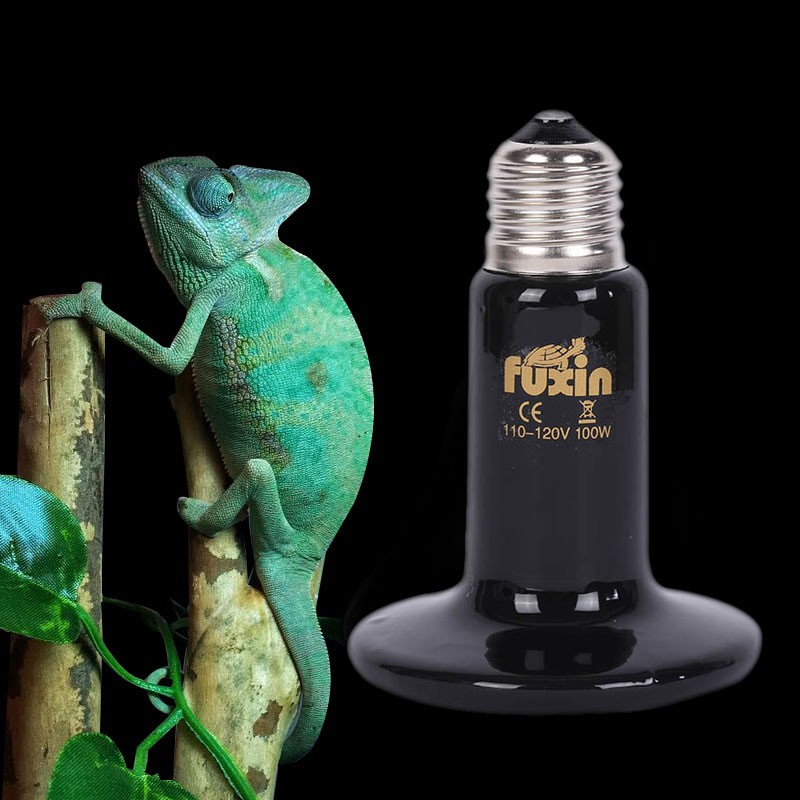
Experience improved respiratory health with infrared heaters as they not only provide warmth but also offer significant benefits. Reduce airborne allergens by eliminating dust particles and minimizing allergen movement. Enjoy improved air quality with less pollutants, ideal humidity levels, and prevention of mold growth. Enhance respiratory comfort by maintaining stable temperatures, aiding humidity control, and preventing breathing issues caused by air fluctuation. Switching to infrared heaters can lead to a healthier indoor environment, promoting overall well-being and comfort for individuals with respiratory concerns. These benefits extend beyond just warmth, offering a holistic approach to respiratory health.
Reduced Airborne Allergens

How do infrared heaters help in reducing airborne allergens in your indoor environment?
Infrared heaters contribute to allergen reduction by effectively eliminating dust particles in the air. These heaters operate by warming objects and individuals directly, rather than heating the surrounding air. This process reduces the circulation of dust and other allergens that typically move around with traditional convection heating systems.
The heat produced by infrared heaters causes the air to become less stagnant, preventing dust from settling on surfaces. As a result, there's a decrease in the amount of airborne particles that can trigger allergies or respiratory issues. By reducing the presence of dust in the air, infrared heaters create a cleaner indoor environment that's more conducive to respiratory health.
Studies have shown that the use of infrared heaters can lead to a significant decrease in airborne allergens, providing relief for individuals suffering from allergies or asthma. By incorporating these heaters into your indoor spaces, you can enjoy improved air quality and a reduction in allergen-related issues.
Improved Air Quality
Infrared heaters play an essential role in enhancing indoor air quality by reducing airborne pollutants and enhancing respiratory health.
By utilizing infrared technology, these heaters help improve air quality in your home. One key benefit is humidity control. Infrared heaters don't dry out the air like traditional heaters, helping to maintain ideal indoor humidity levels. This is vital as overly dry air can irritate respiratory passages and worsen respiratory conditions.
Additionally, infrared heaters contribute to temperature regulation without circulating dust or other allergens, unlike conventional heating systems. By maintaining a consistent temperature throughout the room, infrared heaters help prevent the growth of mold and mildew, which can trigger respiratory issues.
Ultimately, the improved air quality achieved through the use of infrared heaters creates a healthier indoor environment for you and your loved ones, supporting better respiratory health in the long run.
Enhanced Respiratory Comfort

Enhance your respiratory comfort with the use of infrared heaters, which provide a gentle and consistent heat that promotes easier breathing and overall well-being.
Infrared heaters play an essential role in enhancing respiratory comfort by efficiently regulating indoor temperatures. By maintaining a stable and comfortable temperature, these heaters reduce the likelihood of triggering respiratory irritations and discomfort caused by sudden temperature fluctuations.
Moreover, infrared heaters aid in humidity control, helping to keep the air at a peak moisture level. Proper humidity levels are vital for respiratory health, as overly dry or damp air can exacerbate breathing issues. By emitting heat that doesn't dry out the air like traditional heaters, infrared heaters contribute to a more comfortable and breathable indoor environment.
With their ability to regulate both temperature and humidity, infrared heaters create an ideal atmosphere for individuals with respiratory concerns. By ensuring a consistent and comfortable environment, these heaters can greatly improve respiratory comfort and overall well-being.
Conclusion
To sum up, infrared heaters offer significant benefits for respiratory health by reducing airborne allergens, improving air quality, and enhancing respiratory comfort.
With these advantages in mind, incorporating an infrared heater into your living space can help create a more comfortable and healthier environment for individuals with respiratory issues.
Consider investing in an infrared heater to experience the positive impact on your respiratory health today.

